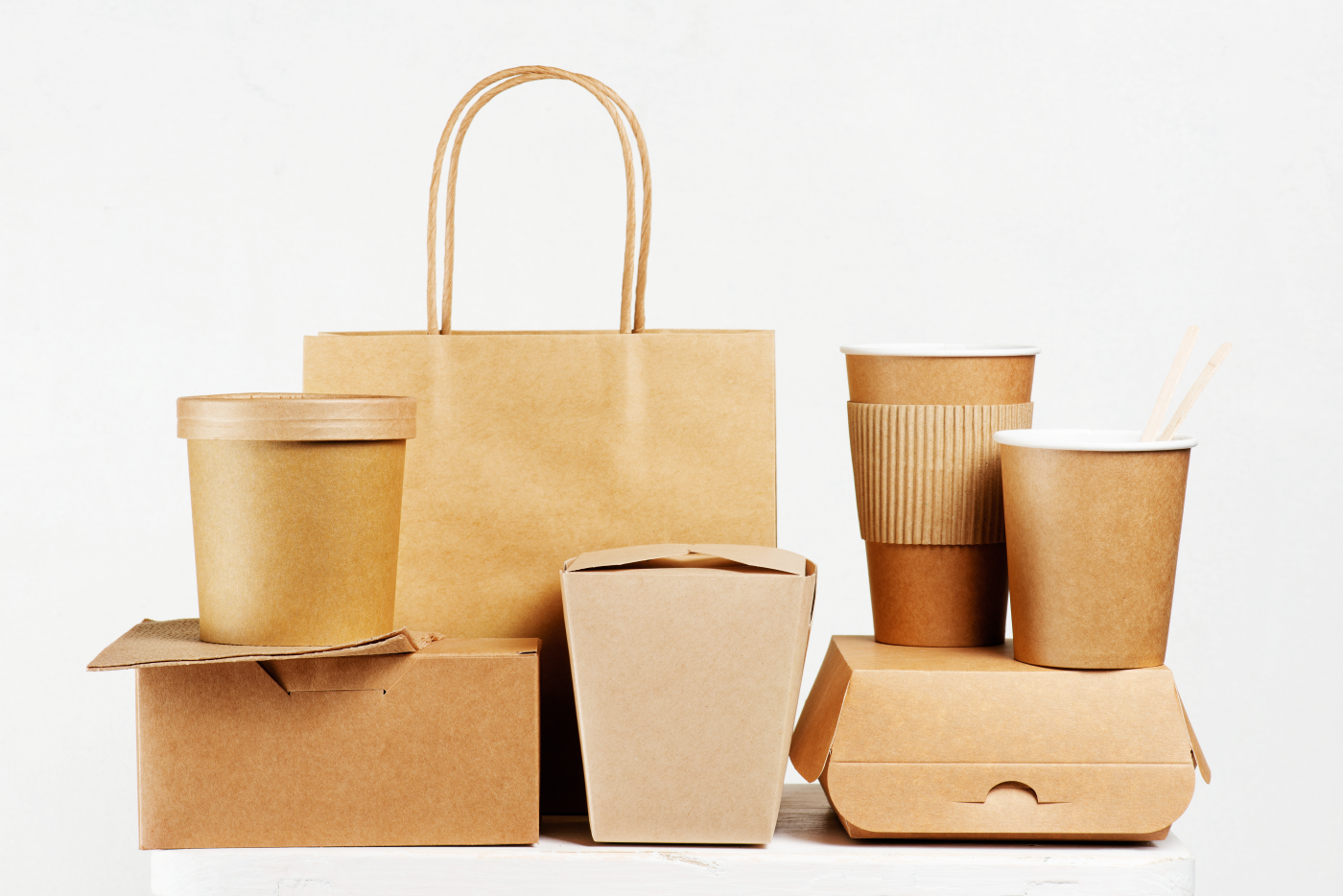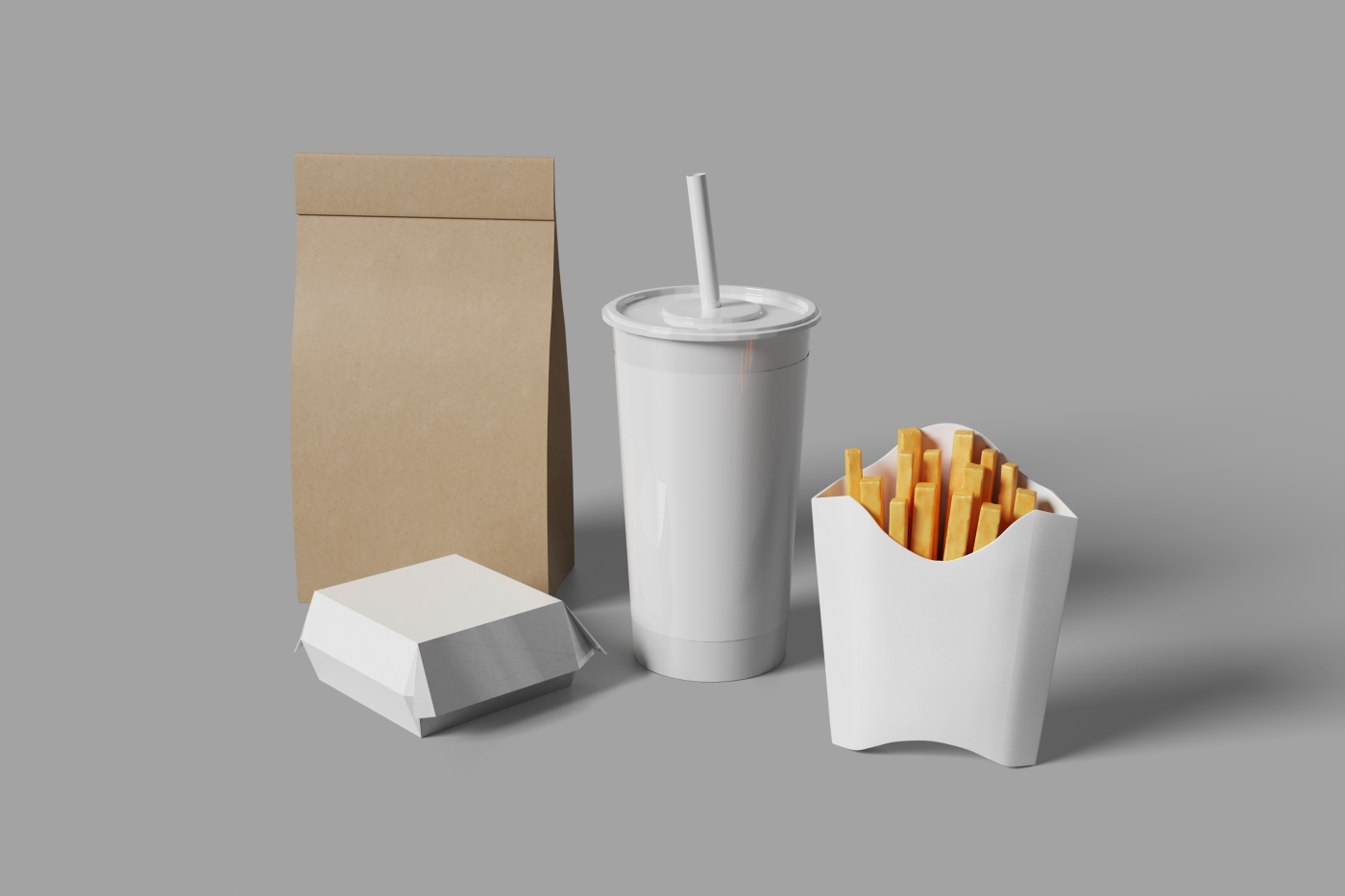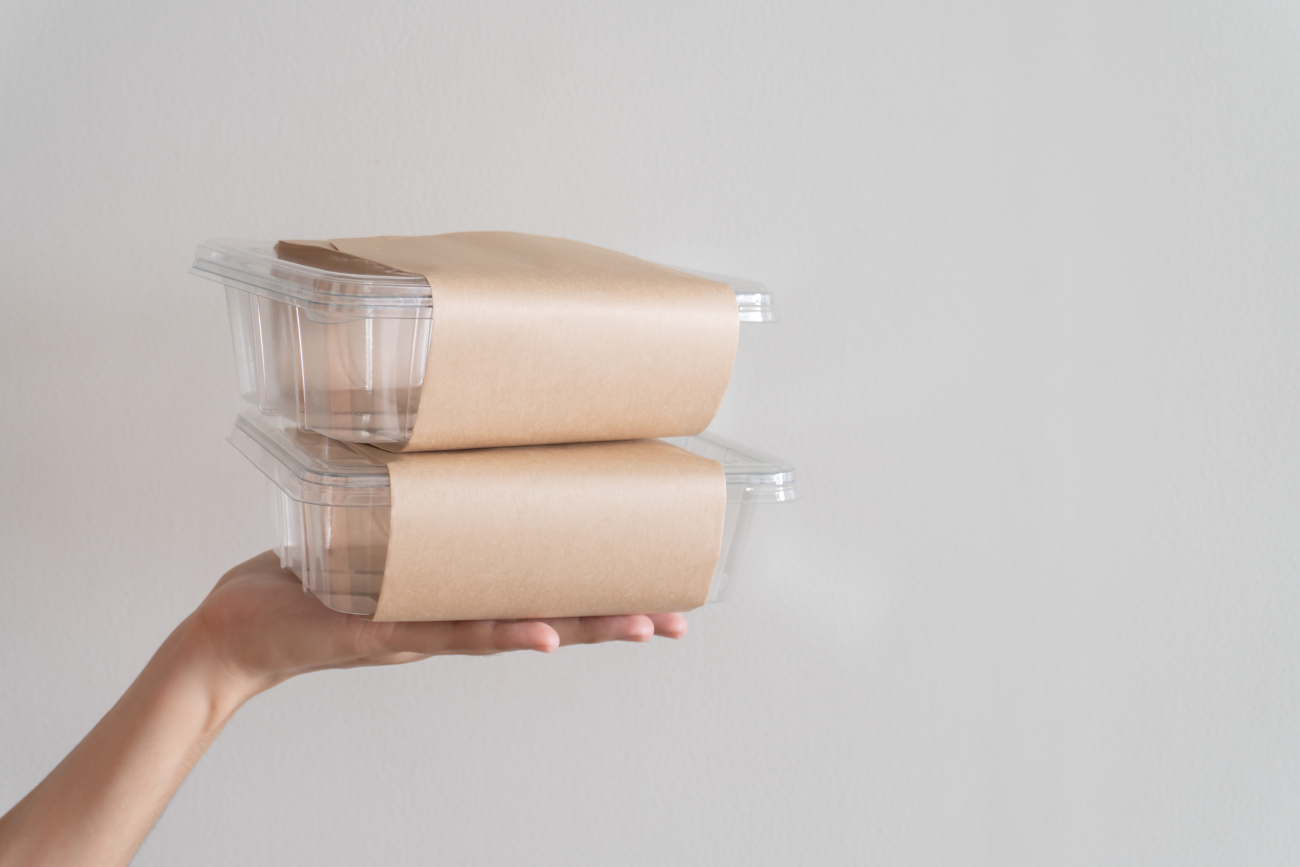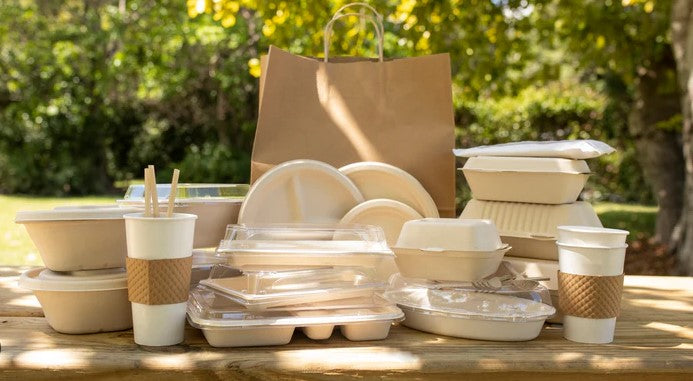Understanding Food Safety and Eco-Friendly Packaging Regulations
Packaging plays a critical role in the food sector, it protects products, builds trust with customers, ensures legal compliance, and reflects a brand’s environmental values. For any food business, from small cafés to large-scale catering operations, understanding food packaging regulations is no longer optional, it is essential. With sustainability high on the public agenda, aligning your packaging choices with both food safety standards and eco-friendly goals is key to maintaining customer confidence and long-term success.
What Are Food Packaging Regulations?
Food packaging regulations are the rules and standards that ensure packaging materials are safe for food contact, labelled accurately, and meet environmental requirements. They apply to every stage of the supply chain, from manufacturers producing packaging to businesses selling food directly to consumers. In the UK, these regulations are shaped by a combination of domestic legislation, international trade agreements, and evolving environmental policies.
Recent years have seen a sharp increase in legal reforms aimed at tackling packaging waste and its environmental impact. Key measures include:
- Plastic Packaging Tax: Introduced in April 2022, this tax applies to plastic packaging containing less than 30% recycled content. Businesses importing or manufacturing such packaging must pay a levy, encouraging the switch to sustainable alternatives.
- Ban on single-use plastics: Since October 2023, items like plastic cutlery, plates, and polystyrene cups have been prohibited for most uses, driving a shift towards compostable or reusable options.
- Extended Producer Responsibility (EPR) reforms: These changes make businesses financially responsible for the collection and disposal of their packaging waste, incentivising eco-friendly design and accurate reporting.
- Packaging waste targets: Annual recycling and recovery targets set by the UK government ensure businesses contribute to a circular economy by reducing landfill reliance.
Understanding these rules is vital for avoiding penalties and ensuring your business keeps pace with industry trends and public expectations.
UK Packaging Laws You Should Know
When looking at food packaging legal requirements in the UK, two main areas come into play: food contact material safety and accurate food packaging and labelling.
Food contact material rules state that packaging must not transfer harmful substances into food in amounts that could pose a risk to human health. This applies to everything from the plastic liner in a sandwich wrapper to the ink used for printing your logo. Compliance is monitored under The Materials and Articles in Contact with Food Regulations 2012, which align with broader EU-derived standards still retained in UK law.
On the labelling side, the requirements are detailed and precise. Under the Food Safety Act 1990 and related regulations, packaging must display information clearly and legibly, including:
- Ingredient lists in descending order of weight
- Allergen information highlighted in bold
- Storage and handling instructions
- Use-by or best-before dates
- Nutritional information where required
For businesses operating online or offering takeaway services, these rules apply equally to printed packaging and digital menus. Incorrect or missing information can lead to fines, product recalls, or reputational damage.
Diving Deeper into Food Packaging and Labelling
Food packaging and labelling not only satisfies legal obligations but also influences purchasing decisions. Studies consistently show that consumers are more likely to choose products that are clearly labelled, transparent about ingredients, and packaged in environmentally responsible materials.
In the UK, front-of-pack voluntary schemes such as traffic-light nutrition labels are encouraged, especially for pre-packaged foods sold in supermarkets. While not compulsory for all products, these labels can help your brand appear more transparent and consumer-focused. Post-Brexit, UK regulations continue to reflect much of the EU’s Food Information to Consumers (FIC) Regulation 1169/2011, but businesses must stay alert to potential divergence in future updates.
Practical tips for staying compliant include: ensuring minimum font sizes for legibility (generally 1.2 mm x-height), placing mandatory information on visible packaging panels, and including Quantitative Ingredient Declarations (QUID) where specific ingredients are highlighted in the product name or imagery.
Eco-Friendly Packaging & Legal Compliance
Eco-friendly packaging is no longer just a selling point, it’s a practical way to comply with modern packaging regulations while demonstrating environmental responsibility.
Switching to biodegradable, compostable, or recyclable materials can help your business:
- Avoid Plastic Packaging Tax charges
- Stay compliant with single-use plastic bans
- Improve consumer perception and loyalty
- Meet corporate sustainability targets
For example, a café using takeaway coffee cups made from plant-based materials is not only reducing its environmental footprint but also aligning with legal expectations for safe food contact materials. Similarly, opting for recyclable cardboard trays with water-based inks can ensure compliance while keeping disposal simple for customers.
When selecting eco-friendly options, ensure that they still meet all food packaging legal requirements in the UK. This means checking supplier certifications, confirming compliance with relevant food safety testing, and ensuring packaging is robust enough to protect products throughout their shelf life.
At Ambican, we specialise in this balance, delivering packaging that meets strict food packaging and labelling standards while being as environmentally responsible as possible. Our range includes compostable containers, recyclable trays, and biodegradable cutlery, all designed to help food businesses stay compliant and competitive.
Staying Ahead of Regulatory Changes
The legal landscape for packaging is changing rapidly. New recycling requirements, extended producer responsibility measures, and shifting environmental targets mean that what’s compliant today may not be tomorrow. Businesses that regularly review their packaging strategies and work with trusted suppliers are best positioned to adapt quickly.
Consider appointing a compliance lead within your business or working closely with a supplier who can alert you to upcoming changes. Conducting annual packaging audits is also a good practice, checking that all materials remain legally compliant and aligned with both your brand’s goals and customer expectations.
Why Compliance Matters Beyond Avoiding Fines
Meeting packaging regulations isn’t just about ticking boxes. It’s about protecting your customers, safeguarding your brand reputation, and contributing to a more sustainable future. With increasing consumer awareness around sustainability and food safety, compliance can be a strong differentiator in a crowded marketplace.
By investing in compliant, eco-friendly packaging, you’re sending a message that your business values quality, safety, and the environment – values that resonate strongly with today’s customers.
Get in Touch with Ambican Today
Navigating food packaging regulations can feel complex, but you don’t have to do it alone. At Ambican, we help food businesses of all sizes source packaging that is safe, sustainable, and fully compliant with food packaging legal requirements in the UK.
From eco-friendly takeaway boxes to biodegradable cutlery, our products meet the highest food packaging and labelling standards while supporting your environmental commitments. Whether you’re updating your packaging to meet new regulations or starting fresh with a sustainable packaging range, our team is ready to help.
Get in contact with us today to find out how we can provide compliant, eco-friendly packaging solutions that keep your business ahead of the curve.




